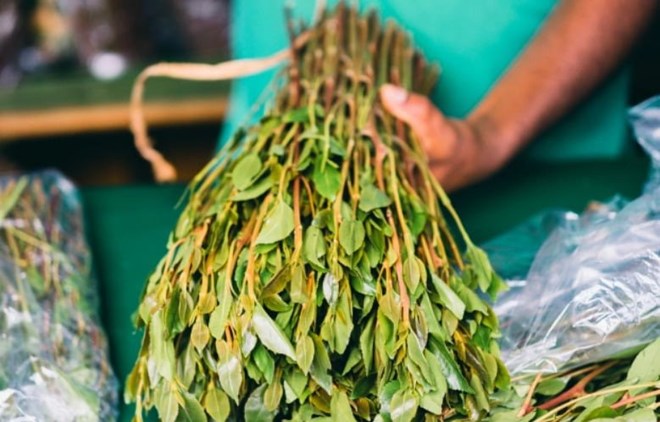Addis Abeba, Ethiopia – Kahat farmers and businessmen in Hararghe, Oromia, have complained that the government is forcing them out of the export market through its own institutions. According to vendors who talked to Addis Standard, traders who were organised under an association called Biftu Baha Oromia two years ago are being tactically pushed out of the market as illegal controllers and the government have placed their own individuals in the market.
According to an anonymous source, farmers and traders affiliated with the Biftu Baha Oromia Association are being forced out of the market due to pressure from illicit traders backed up by people in government structures. “From the start, farmers have not benefited from the khat business. Organized farmers who have entered the khat trade are now subject to a variety of pressures. The illicit traders who control the khat market are strategically lowering the price of one kilo of khat, which was formerly exported at ten dollars, to five dollars, eliminating farmers’ benefits. These folks drive down the price of khat to $5, sell it for $20 and $30 when it leaves the country, and then report back to the government as if they did it. if they sold it for $5 and get the rest of the money illegally. It is only the farmer who is suffering because of this,” he said.
The Biftu Baha Oromia Association (literally, the Eastern Sunshine of Oromia Association) was founded two years ago by more than 500 traders, including farmers, with a capital of 24 million ETB; however, the traders claim that it is currently being pushed out of the market owing to numerous pressures.
“The khat trade is the basis of livelihood for millions of people in Hararghe,” said Kebede [name changed for security reasons], a trader and member of the Biftu Baha Oromia association. “However, farmers have not benefited from its production because it has been controlled by military generals for many years.” At the time, the people’s desire was to become owners of the khat trade.

